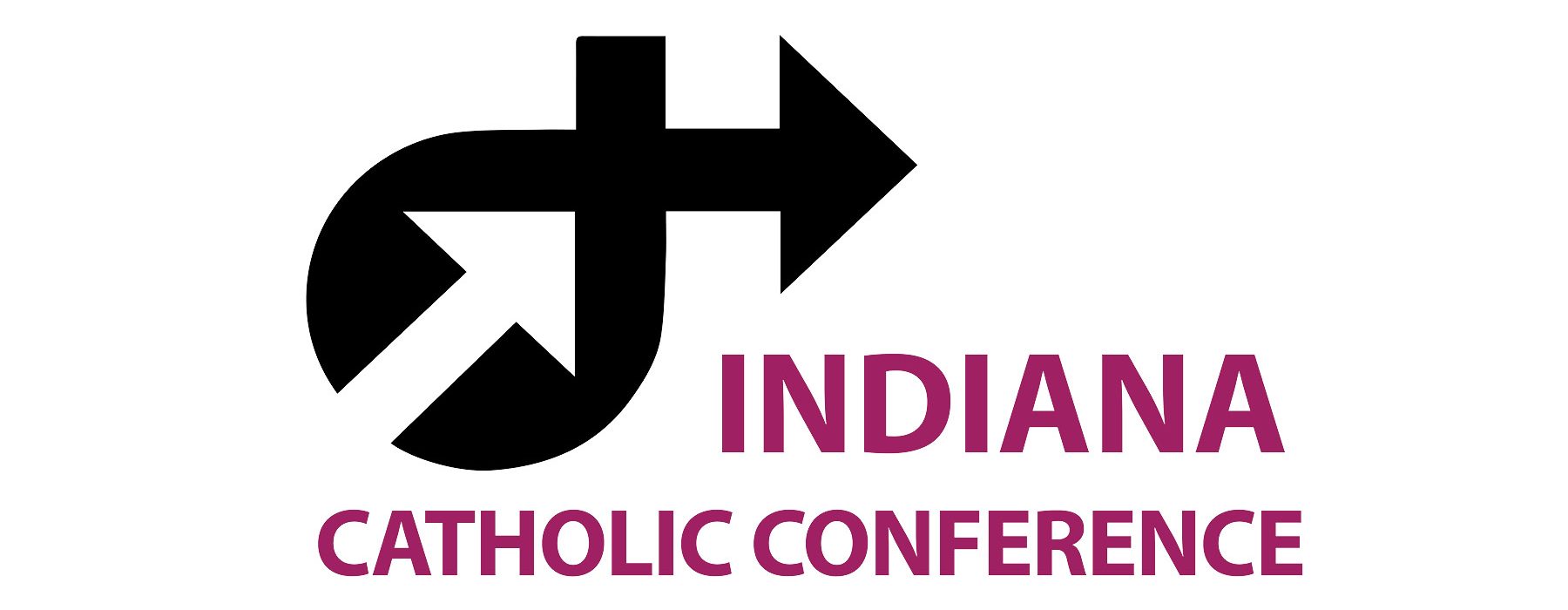February 2, 2021 // National
Advocates for Indiana’s poorest families seek updated support
Life has changed dramatically since 1988, when the internet was still in development, the average rent was $420 per month and gas cost 96 cents a gallon.
But one thing remains frozen in time: the monthly payout that Hoosier families in deep poverty receive to help them temporarily in the most dire circumstances. That amount was set at $288 then by state law, and so it remains 33 years later.
Indiana lawmakers and advocates for the poor — including the Catholic Church – are once again aiming to change this reality. Sen. Jon Ford, R-Terre Haute, is leading the charge to modernize the state’s Temporary Assistance for Needy Families program, which is funded by a block grant from the federal government. Only a fraction of the poorest families in Indiana currently receive even those modest cash benefits from the federal program because of outdated eligibility guidelines – another issue that Senate Bill 233 is designed to address.
“This is money that families depend on for survival,” said Ford, the primary author of the proposed legislation. “But right now only six in 100 families in poverty are being helped by this program.”
The primary reason is that Indiana’s eligibility level for TANF is the fourth-lowest in the United States, behind Louisiana, Arkansas and Alabama. In a Jan. 25 hearing before the Senate Family and Children’s Services Committee, Ford pointed out that to be eligible for TANF, the maximum income of a Hoosier family must be less than 17% of the federal poverty level.
“The poverty level for a family of three is around $20,000,” Ford said. “So what a family in the state of Indiana has to meet to qualify for TANF is roughly $3,400 in annual income. States around us like Ohio, Kentucky and Michigan have eligibility levels of a little over $10,000 for a family of three.”
Indiana set its income requirements to qualify for TANF in the mid-1990s, when welfare reform was signed into law by then-President Bill Clinton. Those eligibility guidelines have not been adjusted for inflation since then. Among other provisions, Senate Bill 233 would increase monthly TANF payment amounts — for a family of three, from $288 to $513 — and modify them annually using Social Security cost-of-living adjustment rates.
If enacted, the legislation also would update TANF eligibility guidelines to enable far more Hoosiers to take advantage of the program, which also includes intensive job training assistance and other services to lift people out of poverty for good.
The bill passed the Senate by a vote of 43-5 Feb. 1 and now will move to the House of Representatives for consideration. The proposed legislation has a broad base of support, including from the Indiana Catholic Conference.
“We are in favor of this bill for a variety of reasons based on Catholic social teaching,” said Angela Espada, executive director of the ICC, the public policy voice of the Catholic Church in Indiana. “From the standpoint of solidarity, when our brothers and sisters are in need, we must do what we can to help them. Beyond the cash benefits, which are certainly critical, TANF also promotes the dignity of workers, from providing job training to helping with transportation to work, uniforms and other necessities. Especially considering the devastation that many families have gone through because of the coronavirus pandemic, the needs are greater than ever.
“We are calling on the Catholic faithful and all advocates for families in need to encourage members of the House to pass this bill.”
One of the staunchest supporters of modernizing TANF is the Indiana Institute for Working Families, which for years has been promoting legislation like Senate Bill 233. To bring home the point that it has been more than three decades since TANF was updated in Indiana, Jessica Fraser, program manager for the organization, routinely shows lawmakers a photo of herself from 1988 — when she was seven years old.
“We need to make this change,” said Fraser, a member of St. Thomas Aquinas Parish in Indianapolis. “Families in Indiana need this and have needed it for a long while. TANF is the only program for families in deep poverty to have cash in their pocket so that they can take care of their day-to-day needs that aren’t covered by other programs. Income matters for families.”
She and other advocates emphasize that other government assistance programs, such as the Supplemental Nutrition Assistance Program, more commonly known as food stamps, place limits on what can be purchased with the funds. TANF payouts can help close that gap.
“TANF provides cash assistance that families can use for expenses that no other program can address – things like gas money, diapers, clothes for school and medication, to name a few examples,” said Emily Weikert Bryant, executive director of Feeding Indiana’s Hungry, another organization backing Senate Bill 233. “This does not even begin to touch on the other valuable supports that TANF provides, like child care and workforce training. We support the purposes of Senate Bill 233, to raise both the eligibility guidelines and benefit levels for TANF. Both are long overdue and vital to help families with few resources to better provide for their children.”
To follow this and other priority legislation of the ICC, visit www.indianacc.org. This website includes access to I-CAN, the Indiana Catholic Action Network, which offers the Church’s position on key issues. Those who sign up for I-CAN receive alerts on legislation moving forward and ways to contact their elected representatives.
The best news. Delivered to your inbox.
Subscribe to our mailing list today.






